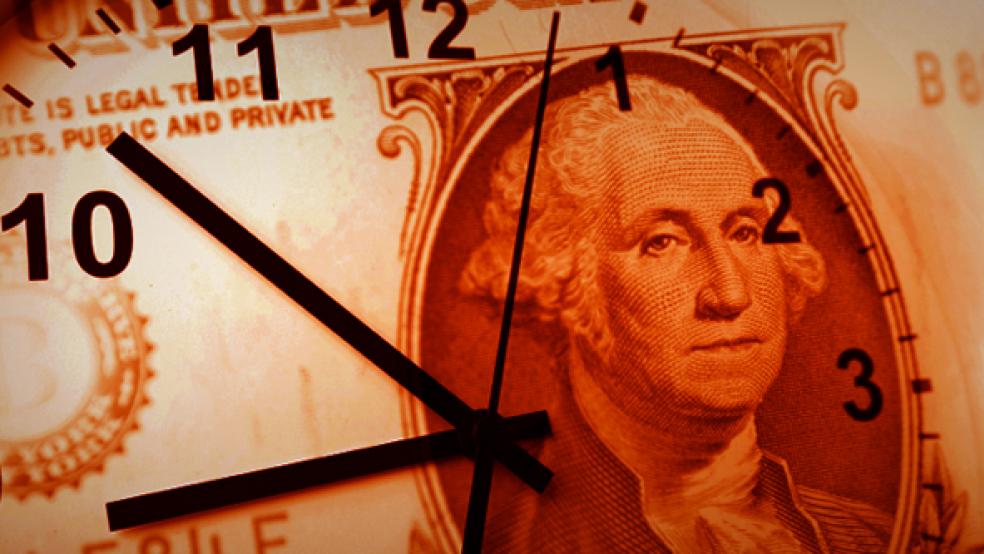The Treasury Department forecasts that the federal budget deficit will surpass $1 trillion this year, adding to a $22 trillion national debt. Policymakers have been relatively unperturbed by the debt and deficit growth, though, with the president’s top economic adviser saying last week that the fiscal outlook is not “as bad as many people say.”
Some Republicans continue to insist, contrary to evidence, that their tax cuts will pay for themselves. At the same time, the president is looking to boost defense spending and some Democrats are proposing bold and expensive new programs or calling for non-defense spending increases to match higher military outlays.
Meanwhile, an unconventional school of economic thought called Modern Monetary Theory — whose proponents argue that deficit fears “distract from the many legitimate challenges facing our country and leave us poorer than we could otherwise be” — is gaining increased attention. And even mainstream economists are downplaying the need to worry about mounting debt and deficits.
“The levels of debt we have in the U.S. are not catastrophic,” Olivier Blanchard, an economist at the Peterson Institute for International Economics and former chief economist at the International Monetary Fund told The Wall Street Journal recently. “We clearly can afford more debt if there is a good reason to do it. There’s no reason to panic.” The headline on that article: “Worry About Debt? Not So Fast, Some Economists Say.”
Budget watchdogs are calling it all “debt denialism” and warning that it “could not come at a worse time.” In a new paper, the Committee for a Responsible Federal Budget lays out its counterargument, explaining why we should worry about the national debt, even if we’re not currently in the midst of a crisis.
“The rapid aging of the population means that deficits and debt are on course to explode in the coming decades,” the paper says. “With a strong economy and unemployment rate below 4 percent, now is the time to begin reducing deficits, not increasing them. As President John F. Kennedy once said, ‘the time to repair the roof is when the sun is shining.’”
The group says that our high and rising debt will:
- Depress income growth;
- Drive federal interest payments higher, crowding out other spending priorities;
- Work to raise interest rates;
- Reduce the country’s ability to respond to the next recession or emergency;
- Add to the burden on future generations; and
- Increase the risk of a fiscal crisis.
Read the CRFB paper here, or if you want to dive into the details, check out CRFB’s answers to nine key questions in the current fiscal debate.




